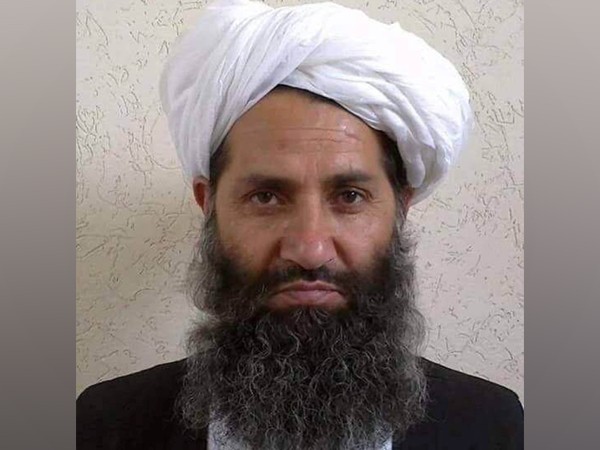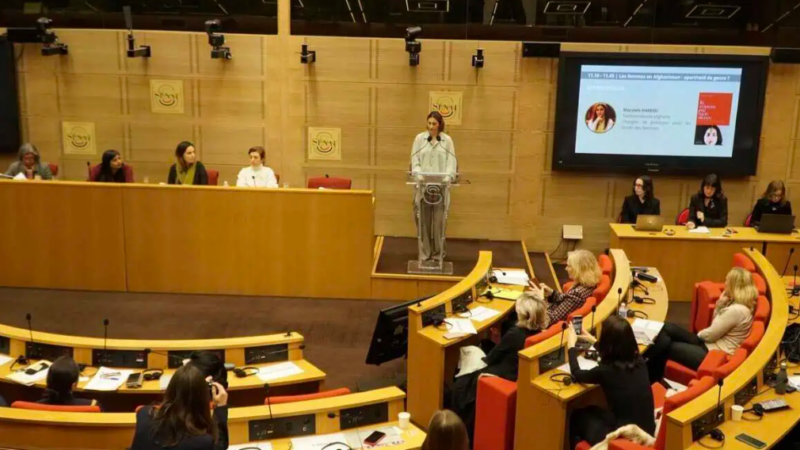Hibatullah Akhundzada: The most influential person of present Afghanistan

Kandahar, Afghanistan: Akhundzada has led the Taliban since May 2016, after his predecessor Mullah Akhtar Mansour was killed in a drone strike. He has the final word on all things political, military and religious – and in a similar vein to neighbouring Iran’s Supreme Leader Ali Khamenei – can make or break the already deeply divided and bloodstained nation, said McKay.
According to one local, a 22-year-old named Zabiullah, from Kandahar said that Akhundzada came to town just two weeks ago. It marked his first visit to the area – complete with a 10 to 15-person security team – since the Taliban takeover.
Akhundzada was reported to have been residing in Quetta, Pakistan, during the outfit’s insurgency years. Still, we’re told he is now in Kandahar, given the Taliban’s rise to governance, reported New York Post.
Believed to be around 50-60 years old and born in the province’s Takhta Pul district, the leader supposedly has religious and scholarly background with no direct battlefield experience.
Akhundzada was not a founding member of the Emirate, yet has amassed a loyal following from the pioneers of the militant jihadist faction. In addition, Akundzada has personally taught Islamic studies to scores of Taliban commanders and fighters, garnering an internal cult-like following for his staunch, classical Islamic interpretations and legal knowledge, said McKay.
He served the Taliban as the leader of the Sharia Courts during the 1990s, initiating the draconian punishment inflicted upon the Afghan population – from stonings for adultery and public executions for murder to limb-severing for stealing and flogging for violations of the stringent dress codes.
During the tenure, the much-feared “morality police” were first disseminated to the streets, and an array of other rules and regulations were enforced, including prohibitions on movies, music, and girls’ education, said McKay.
During this time, the fatwas were finalized by then-leader Omar, and it is expected Akhundzada now possesses such authority.
In a public statement issued hours after the Kabul fall, the obscure ruler vowed that he would “work hard towards upholding Islamic rules and Shariah law” across Afghanistan.
All current – and future – cabinet ministers within the interim government, which has so far failed to include minorities or women, require his consent. Under Akhundzada’s direction, the Taliban took to talks with the United States, inking the controversial Doha agreement in early 2020, said McKay.






